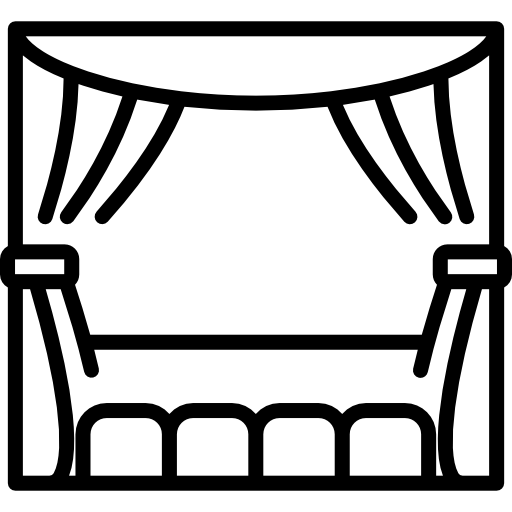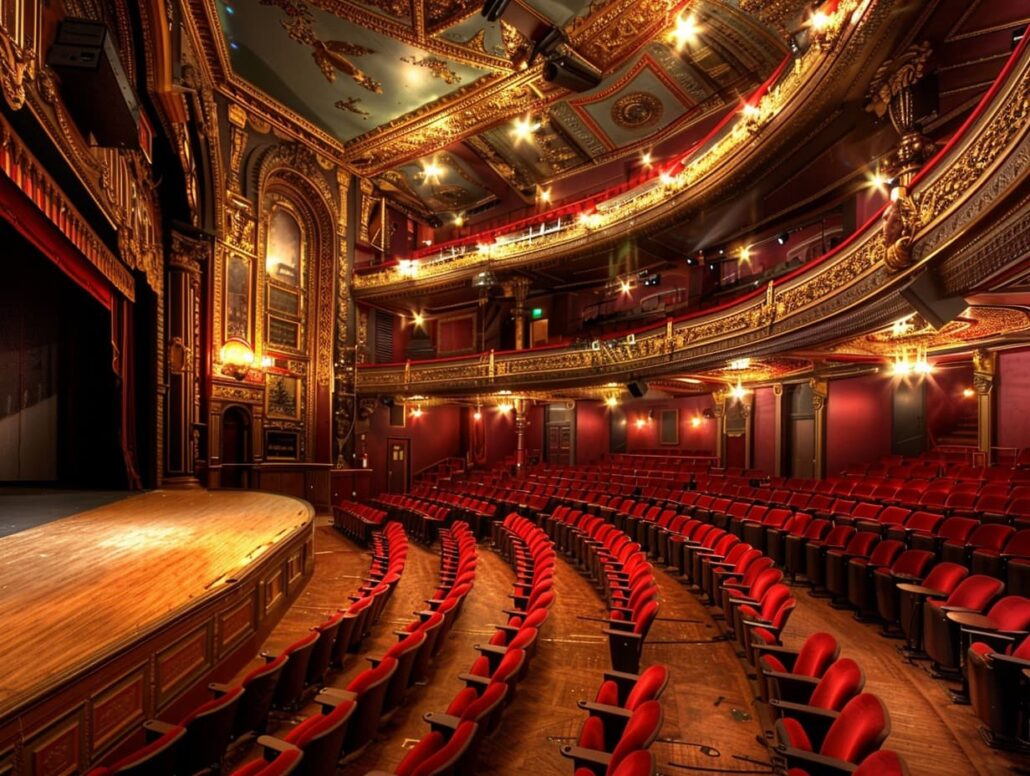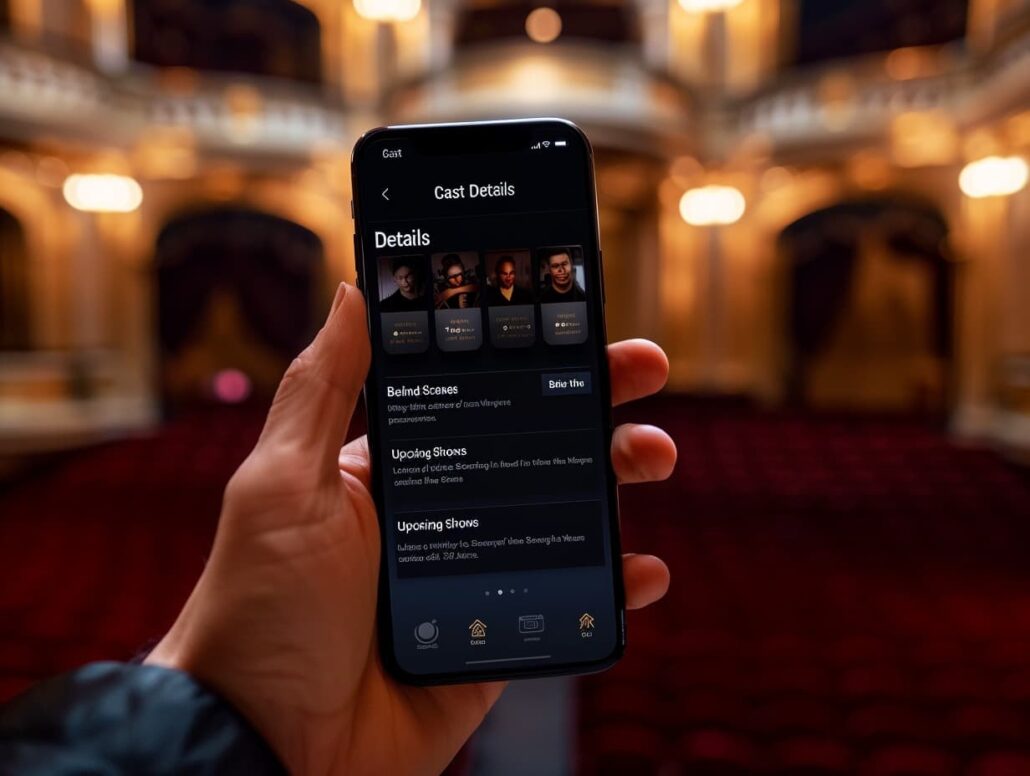Popular songs and familiar comic routines from pre-war music halls were heard in the ghettos and in the camps because some of the deported artists, already established in their professions, had come to the camps with their repertoires intact and, in addition, some of them had managed to bring a pencil, a book, or a musical instrument with them. Organizations providing support for the Jews in Nazi Germany and in Eastern European ghettos supplied the materials necessary for their creative work. In the camps, officials who were regular spectators of the performances, in particular those in leadership positions, often brought these kinds of materials to the artists. Some prisoners had access to books. Prisoners also exchanged and smuggled handwritten books into the barracks, as did female prisoners at Ravensbrück, for example. A political prisoner there also kept a swapped copy of a play by Molière, the famous seventeenth-century playwright. Charlotte Delbo had memorized the dialogue and recited it to herself during morning roll call at Auschwitz-Birkenau. Ghetto and camp inmates composed and played music on instruments, accompanying the performance with singing. Some prisoners recited poetry and sang in the camp barracks. These were some of the ways in which actors performed dramatic works and engaged in artistic readings of classic literature. Relying on the oral tradition, actors passed on the Yiddish-language theater repertoire of the “masters of the spoken word”, professional orators from such Polish cities as Łódź and Warsaw, to ghetto theater stages, camp theater troupes, and after 1945 to Yiddish theater ensembles in displaced person camps and to the Jewish diaspora in such cities as New York in the US and Melbourne in Australia.
Performed repertoire in the Jewish Kulturbund, ghettos, and camps included serious drama, comedy, satire, opera, pop, and popular music. The Kulturbund main theater repertoire consisted of Western classics like William Shakespeare (‘A Midsummer Night’s Dream’, ‘A Winter’s Tale’); Sophocles (‘Antigone’), Heinrich Ibsen (‘Pillars of Society’), Moliėre (‘The Imaginary Major’); plays by German-speaking Jews, foreign comedies, and two to three Yiddish plays a year (all in German translation). Individual German- and Czech-speaking theater companies in Theresienstadt staged plays by Chekhov (“The Wedding” and “The Bear”), Gogol (“The Marriage”), and Jean Cocteau (“The Human Voice”) and operas such as Smetana’s “The Sold Bride,” Krasa’s “Brundibar” and Bizet’s “Carmen. Masters of artistic reading in German at Theresienstadt performed classics: Goethe, Lessing and Gerhardt Hauptmann, writers whose works were later banned for Jews in Nazi Germany. Various performances in the Vilnius ghetto afforded the audience a glimpse into their daily lives with witty observation through “living newspapers,” while parodies in Westerbork portrayed the rules of camp behavior. In Theresienstadt they poked fun at the new and old inmates of the ghetto, at the bad food and at hygiene. The Czech-language troupes in particular relied on satirical and allegorical plays, which often managed to evade the ghetto censors. “Stefan Zweig’s Jeremiah (censored by the Kulturbund), works by Hugo Hoffmannsthal, and new plays in which parallels with the Nazi regime were evident played for Theresienstadt audiences. For example, Schwenk’s play The Last Cyclist (1943) depicts the persecution of cyclists by a government led by a “dictator rat.” The Jewish Council banned the show because of its anti-Nazi orientation. The Jewish Council also banned after rehearsals the performance of the allegorical opera “Emperor of Atlantis” (1944) by composer Viktor Ullmann, dedicated to the dictator.





